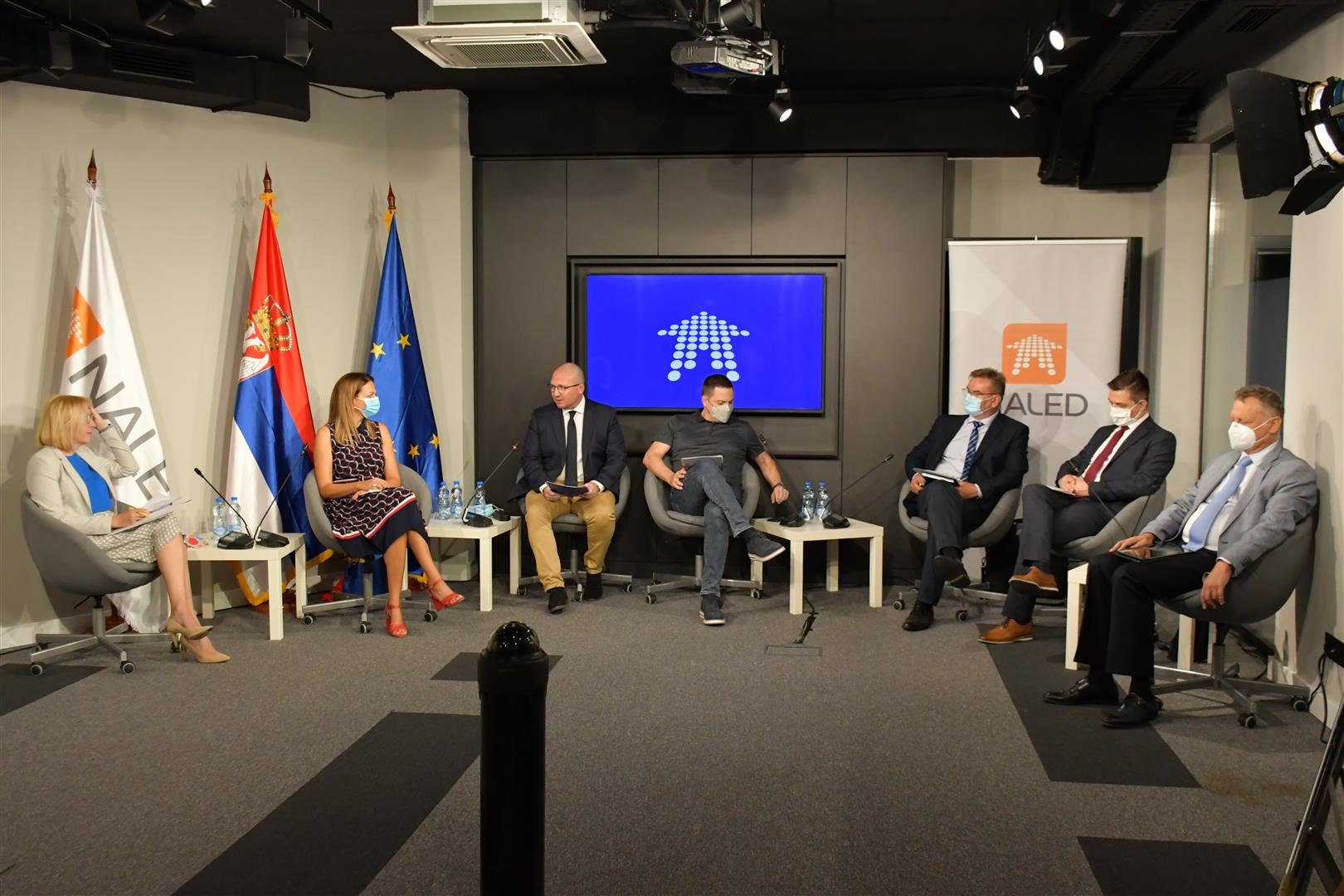NALED and KPMG listed almost 1,200 non-tax charges
Citizens and businesses pay almost 1,200 taxes, fees and other non-tax charges, and in 2019 they set aside 167 billion dinars for these purposes, showed the analysis of KPMG and NALED conducted within the project for non-tax revenue reform, supported by the US Agency for International Development (USAID).
The goal of the project is to reduce the para-fiscal burden and increase the transparency and predictability of all non-tax duties for businesses and citizens. The concept of the proposed reform was presented to the line institution - the Ministry of Finance.
- Our analysis has shown that the current regulation of non-tax levies, as an extremely important area of public finances, creates uncertainty and unpredictability primarily in the business environment, because most charges are determined by bylaws or decisions, unclear and complex rules for determining the amount and their collection is difficult to control. Out of 1,189 fees, charges and other levies prescribed in more than 200 laws and 270 bylaws, more than a quarter or 331 do not pass through the treasury system. This means that the Ministry of Finance does not have complete and accurate reports on the amounts charged. We want to support the Ministry of Finance through the project and jointly regulate this area for the benefit of all - citizens, businesses and the state - says Igor Lončarević, Vice President of the NALED’s Fair Competition Alliance and a partner in KPMG.
According to him, in addition to the list and analysis of all non-tax charges at the national level, a list of non-tax duties charged to citizens and businesses by public companies, cities and municipalities is being implemented in parallel.
- One of the key problems with non-tax charges is the fact that data on them are not easily accessible and up-to-date and that is why one of the main reform proposals, on which NALED has insisted on for years, is the creation of a publicly available electronic register of all non-tax charges. All taxes, fees and other non-tax charges that businesses and citizens have to pay would be recorded in that register, and the state would be responsible for updating it. One of our ideas is that direct and indirect budget users, public companies, public agencies and all other organizations, which are public funds users, cannot collect charges that are not registered, which would be under the jurisdiction of the Ministry of Finance - Lončarević points out.
As one of the project goals, in addition to equalizing the amount of charges for the same services and performed work, and reducing the number of non-tax charges, for each of the listed fees and charges at the national level, 17 important elements were analyzed, the most important of which is their nature - is it really a fee, charge or a tax, a prescribed price or some other type of levy.
Special emphasis, within the non-tax charges reform, is on defining a unique methodology for determining the amount of the fee according to the actual costs of national and local bodies providing public services, with special regulation of fees for electronic procedures, bearing in mind that procedures within the eGovernment significantly reduce the actual cost of providing the service.
Significance of the Law on Charges for Usage of Public Goods
The first major step forward in the reform of non-tax charges was made in December 2018, when the Law on Charges for Usage of Public Goods was adopted, with the aim of regulating all fees for the use of public goods, which until then were defined by over 40 regulations at the national level and with more than 130 decisions of local government units, public companies and various agencies. It classifies all fees into 15 groups. Within each group of fees, the taxpayer, the basis and the manner of determining the fee are regulated separately, while their amounts are prescribed by the articles and annexes to the Law.



